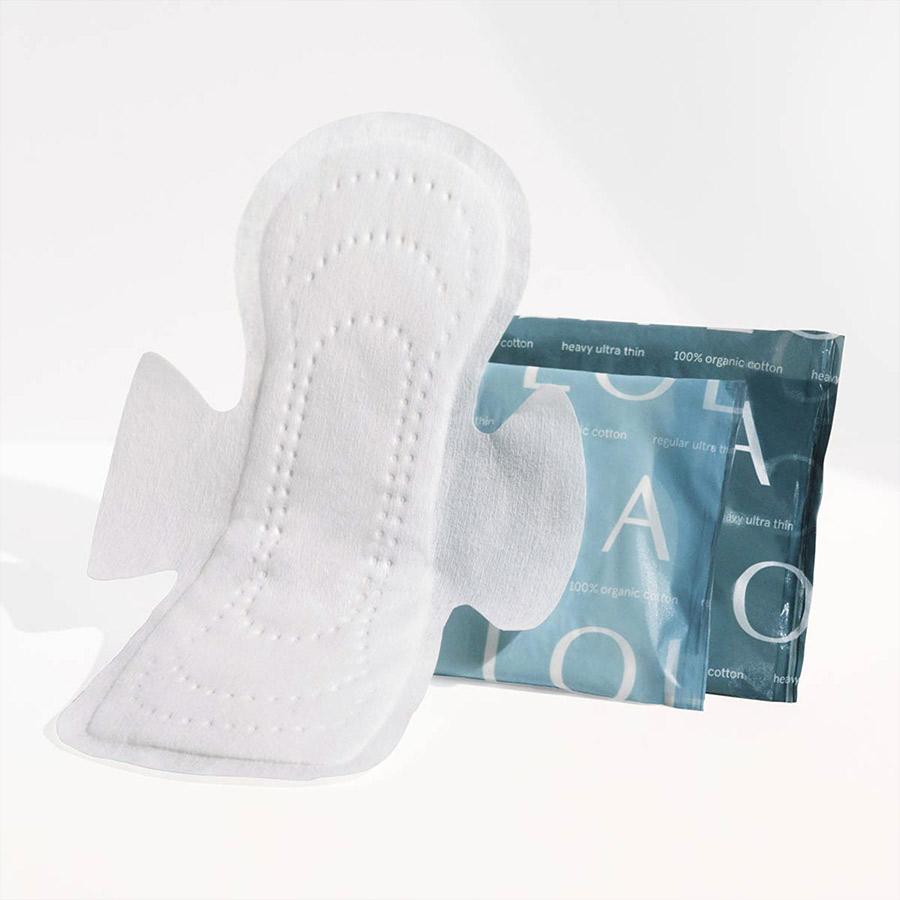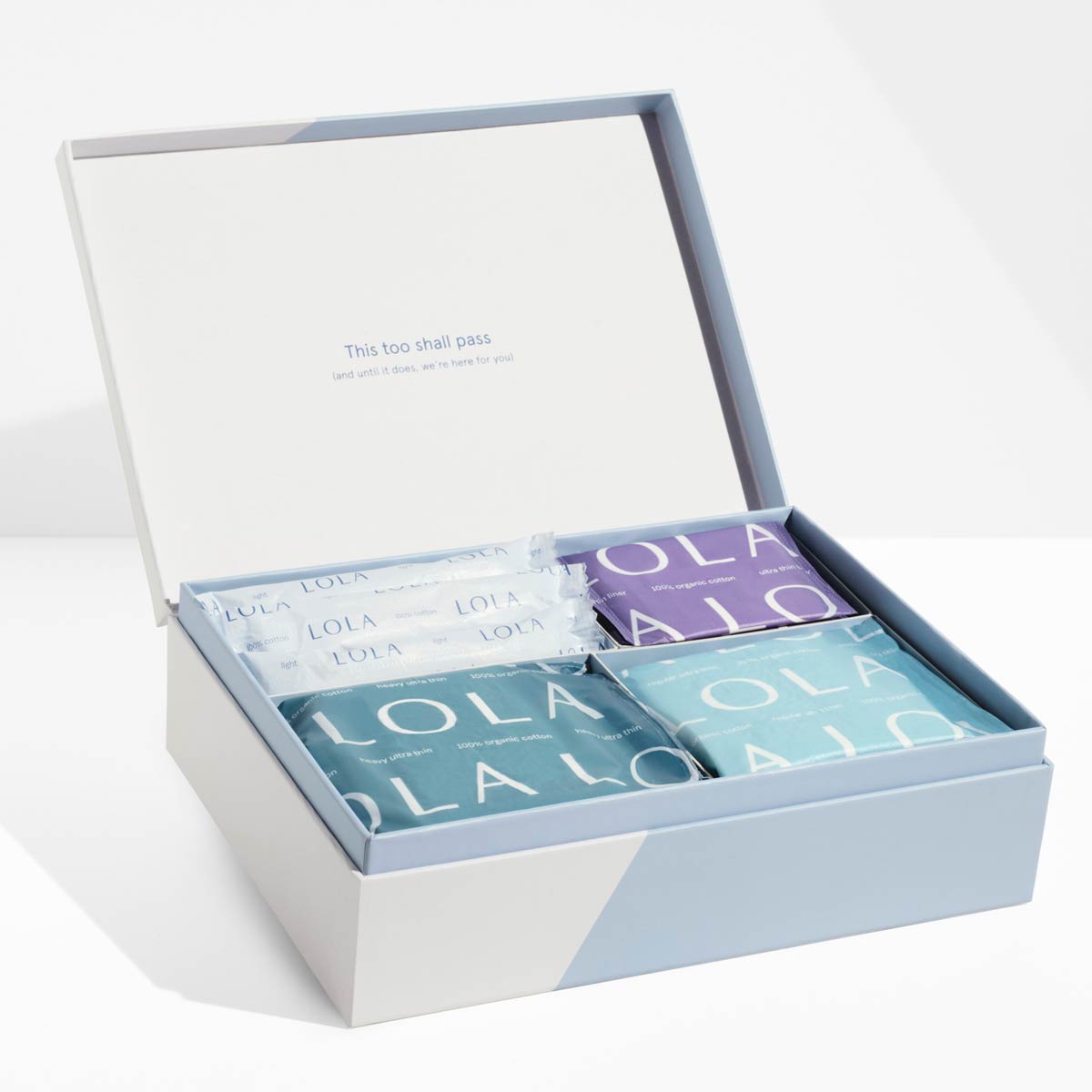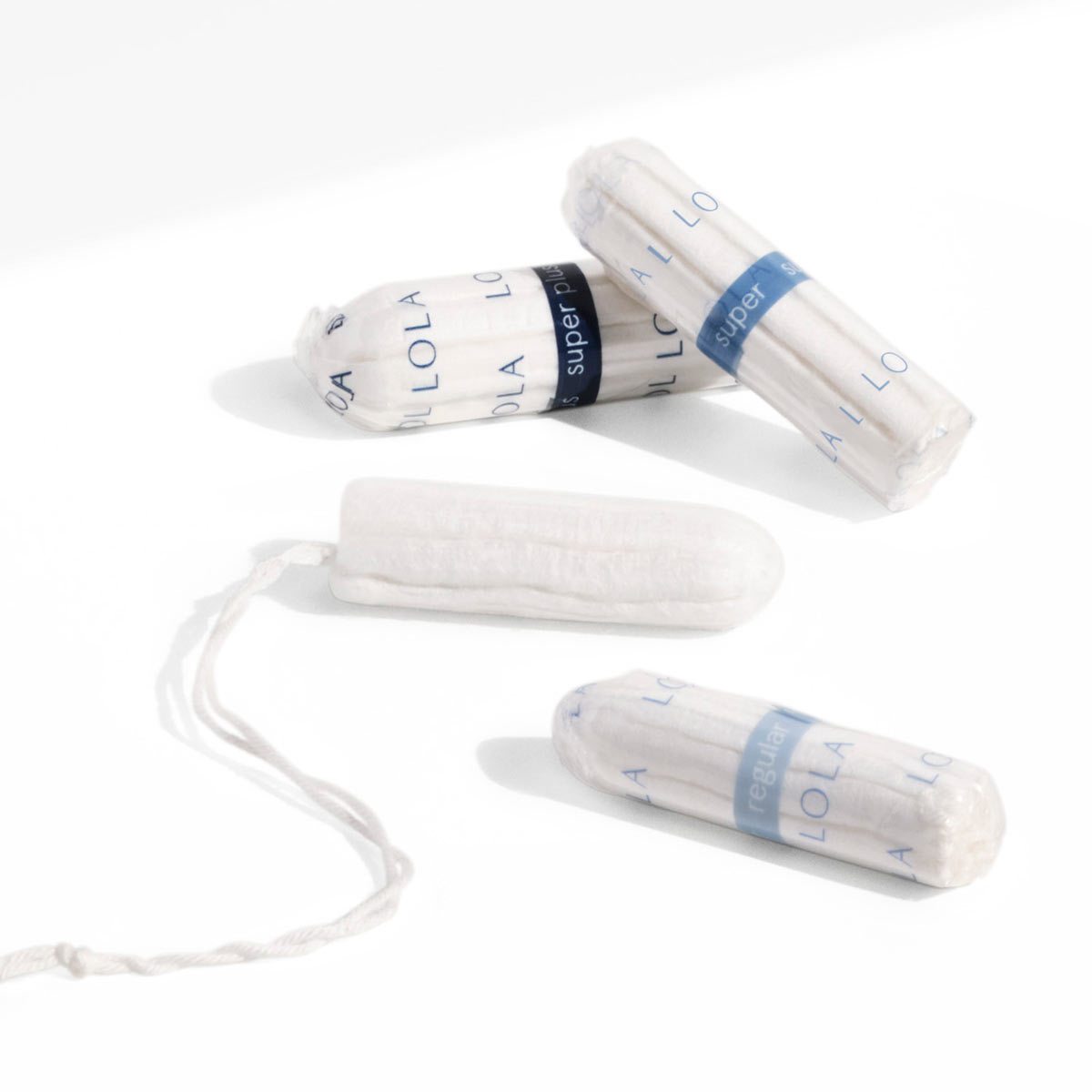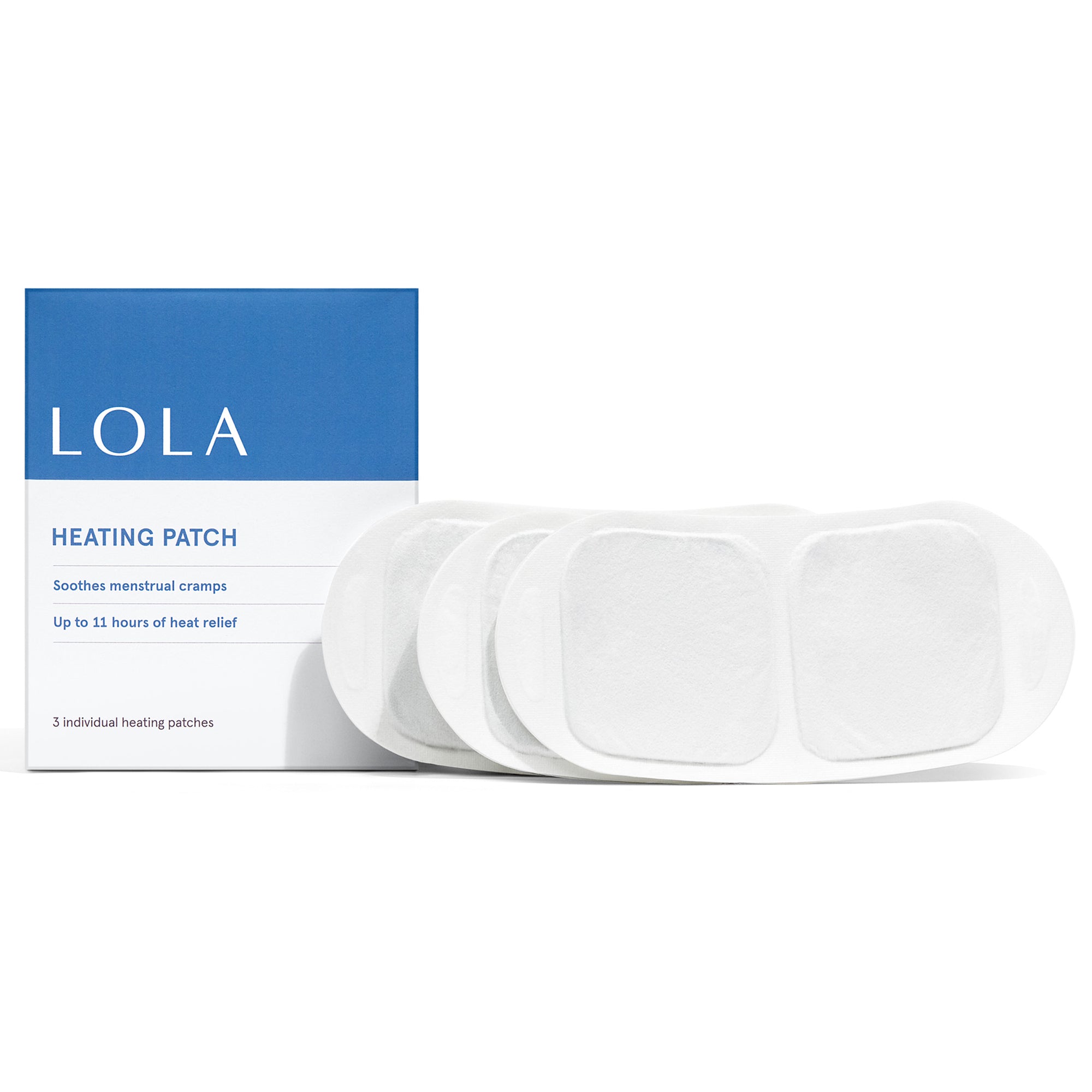I used to joke that I had more issues than Vogue " specifically, daddy issues. But daddy issues are more than just an overused punchline, and the same goes for mommy issues too. If you took Psychology 101 in college, you may remember a sexually obsessed, cocaine-addicted Austrian named Sigmund Freud. Penis-envy aside, the man did have some solid ideas, including the belief that a child's relationship with his or her parents will influence their psychosexual development.
In 1899, Freud introduced what's commonly known as the Oedipus complex, a brief period of time (from ages of 3-6) when a child feels sexual desire for the parent of the opposite sex, along with a sense of rivalry with the parent of the same sex. Provided no trauma or dysfunction occurs, Freud contended that a child would outgrow this dynamic, as he or she completed the third stage of their psychosexual development. Heteronormative assumptions and ickiness aside, the idea that your relationship with your parents can influence your own intimate relationships in adult life has become a largely accepted one.
As Psychology Today notes, "A body of psychological research reveals that our earliest relationships, especially with our mother, not only influence how we are able to connect to others as adults " in romantic and other contexts " but also create internalized scripts or working models of how relationships work." One study by psychology professor Glenn Geher, for example, indicated that people tend to choose romantic partners that are similar to their opposite sex parent. But don't worry, you're not necessarily doomed to marry your mother (or father). The good news is that how these dynamics assert their effect is highly individual. While it's not uncommon to recreate the trauma of a dysfunctional relationship with one of your parents later in life with one of your own partners, you're not necessarily doomed to that fate.
Take Allison*, 30, for example. "My parents' relationship taught me, by the time I was in preschool, that a woman should never be subservient or allow herself to be spoken to poorly by a man," she says. However, it wasn't that Allison's mother and father set a good example. She says, "My dad wasn't abusive, but he was incredibly emotionally condescending, and [my mother] refused to stand up for herself because she considered that "˜fighting in front of the kids.'"
Rather than seek out a partner like her father, from a very early age Allison railed against this sort of male archetype. "I spent my entire childhood telling my father to stop talking to her like that," she recalls. "If I even sense a kernel of condescension from a man, I would just cut them out, " she says.
Helen, 26, is a child of divorce, and her experience has molded her relationships with men for the better. Helen says her mother and stepfather "have shown me that it's possible to find your true love." Helen's mother and biological father divorced when she was 10; she describes her biological dad as a "great person," but his cultural values deeply undermined what Helen believes to be a healthy relationship. Helen's biological parents were not openly affectionate, and Helen's mother played what she described as a "subservient" role in the relationship. When her mother married her stepfather, there was a marked change. "They're very affectionate," she says. "He says "˜I love you,' and they show physical embrace. That was very apparent when we were growing up," she adds. Helen also describes how much she values the willingness with which her stepfather has accepted and loved her and her brother, despite already having children of his own. It taught her "not to accept someone who isn't willing to do this" for a partner. For Helen, the fact the he so readily took on the responsibility of children that weren't his own was the ultimate act of love for her mother.
Even if you come from a relatively stable and happy home, your partner's parental history could rear its ugly head in your relationship. Take Jessica, 30. "My parents have been together for 40 years and have never really fought in front of my brother and I. Every once in a while they got annoyed with each other, but they were always a united front when it came to showing face to me and my brother," she explains. Jessica says her parents were openly affectionate, which gave her a rather healthy approach to intimacy in her own relationship. "I saw them kiss for sure, but I think I'm in the minority in the way that I had a normal, happy childhood without divorce or fights in my house," she recalls.
However, Jessica's fiance had a far different experience growing up. "Aaron's parents have been together for 40 years," says Jessica. However, they "don't sleep in the same bed or room," she explains, "I've never seen them be affectionate." Fortunately for Jessica, Aaron has what she describes as a healthy and open relationship with sex, but that's not to say his upbringing hasn't had its impact on their relationship. "He's super freaked out about not having sex regularly," she says, "I knew my parents had sex regularly. My mom wasn't on the pill, so they always had condoms in the house, but Aaron can't remember the last time he saw [his parents] kiss."
So, if you find yourself repeating the same mistakes in relationships or having the same fights over and over again with your partner, looking at your (and your partner's) parental dynamic may provide some insight. However, it's important to remember that a history of dysfunction doesn't mean you'll have a future plagued by it. When it comes to domestic bliss, happiness is definitely what you make it.
*Names have been changed











